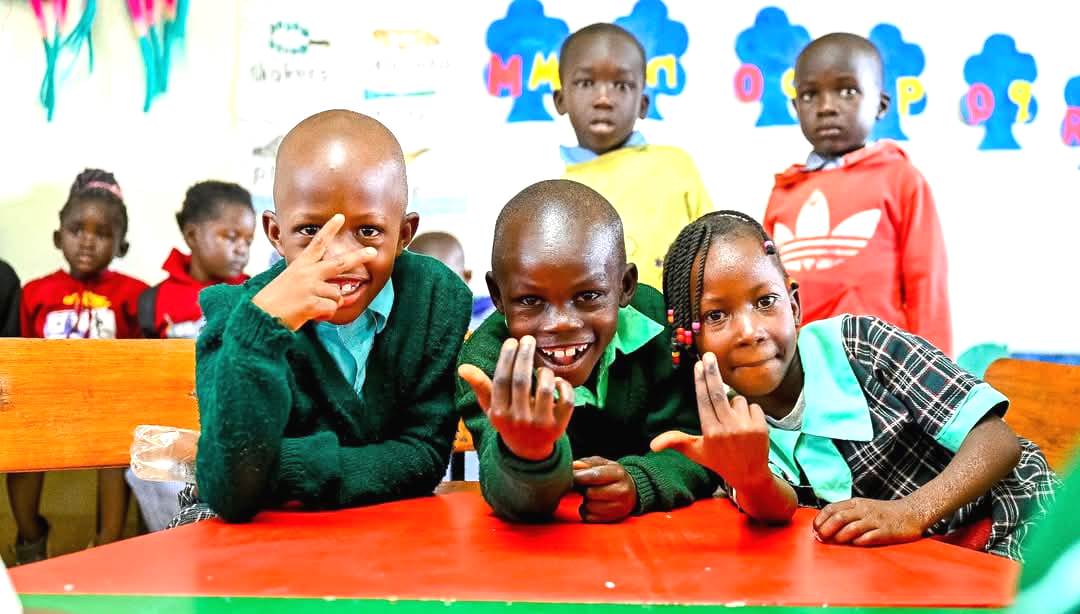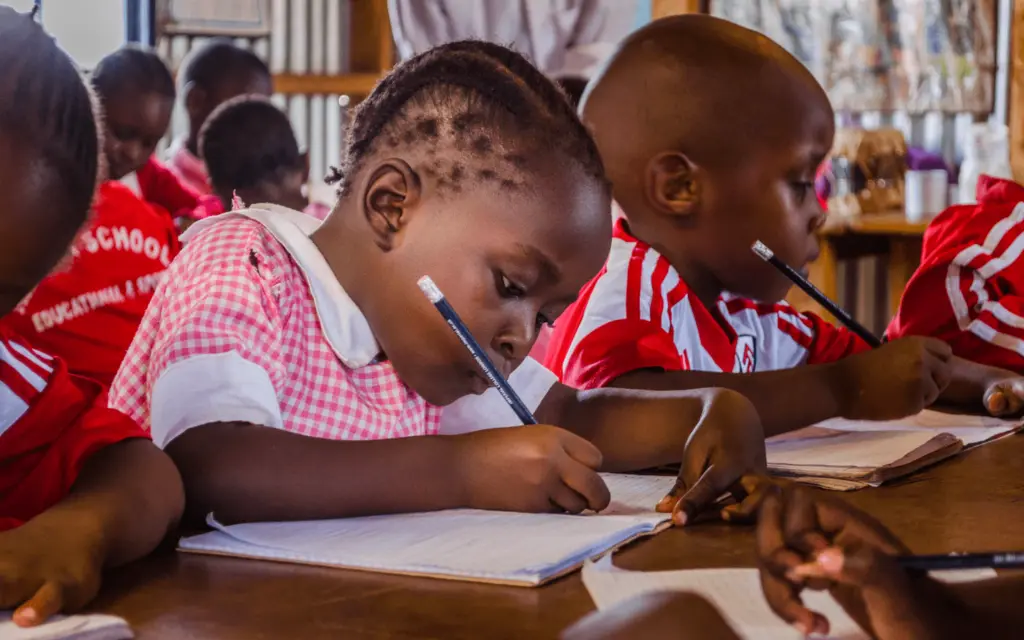By Walter Mbayi
Policy briefs, sessional papers, analysis and synthesis of primary and secondary data prelude decision making in many ministries and government departments worldwide and Kenya isn’t an exception.
In Eastern and Central Africa region, Kenya is a leading example of a professional civil with many bright and exemplary individuals leading and directing government departments, constitutional bodies and authorities. These individuals have brightly coloured feathered caps and hold powerful positions in international organizations. Their utterances hold a lot of weight that they can be used to change policies, influence sessional papers as well as the whole direction and priorities of governments.
I do not have a problem with their feathered caps or international acclaim. At a personal level, I find it motivating and gratifying that there are so many Kenyans holding such powerful positions in both local and international spaces. My concern is the nature of utterances made by some of my brothers and sisters. Am shocked when am confronted with unsubstantiated decisions and remarks from primarily those in these influential positions. Hearing key figures in the education sector mulling over the reintroduction of corporal punishment, the abolishment of boarding schools or the introduction of mandatory drug testing in schools leaves a sour taste in my conscious. I infinitely wonder where these three policy-threatening ideas stem.
What is the current data on the effectiveness of corporal punishment and improved students’ behavior? Is there any data conclusive or otherwise on abolishing boarding schools and decreasing student indiscipline cases? Are there any correlations to these supposed facts above?
On the other hand, there are plenty of reasons corporal punishment shouldn’t be used. There are many more that point out on the effectiveness of boarding schools in reinforcing schools’ positive ethos, cultures and improved performance.
I was encouraged by the measures taken particularly by the Ministry of Education to buffer students and teachers on the ravages of prolonged school closure in line with the Covid-19 containment measures in Kenya in 2020. Key among the measures was that teachers had to provide psychosocial support. I considered this a game changer in discouraging harmful behavior.
Teachers should be equipped with psychosocial skills and training, a supportive environment, and clear referral systems to enable them perform their duties as caregivers effectively.
Unfortunately, this hasn’t been the case. The current misfortunes in schools have largely been blamed on teachers .The Ministry of Education and the Teachers Service Commission have further exacerbated the current bleak situation. Randomly coming up with decisions devoid of hindsight further frustrates teachers.
Touchy subjects like indiscipline should never be addressed condescendingly with teachers taking the blame. We should foster an ecosystem where psychosocial support can thrive. Intuitive aspects that support referrals on counseling, drug and alcohol rehabilitation, HIV/AIDS testing and treatment and social welfare support programmes should be supported right at the school level.
Complementary partners in education and the wholesome well-being of students should be identified to work closely with schools in preventing harmful behavior. Hospitals, county education departments, law enforcement agencies, social welfare departments, rehabilitation centers and NGOs must be pre-identified and qualified. Teachers should then be given clear referral guidelines that will enable them offer meaningful support to affected students.
Continuous strengthening of Positive Relationship Education (PRE) in all schools enshrined in the existing curriculum guarantees lifelong behavioral change. As citizens, we have an obligation to earnestly and positively change the future of our children so as to guarantee a future in which all will thrive.
We must voice our concerns, we must give relevant advice and we must be afforded a chance to be heard. Most importantly, let’s all work together to make the dreams and aspirations of our children a reality. Let us all commit to building a loving world. I hope this message is loving, if not kindly write back.
Walter Eric Mbayi is the director of operations at Loving World Africa.






